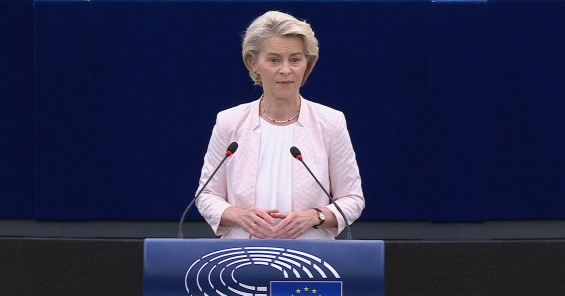New Zealand reinvents sectoral bargaining

While the EU member states are warming up to upgrade their social dialogue systems, at the other side of the globe things are moving fast. New Zealand just (re)introduced sectoral collective bargaining. If the EU is serious about safe-guarding the European social model, it should get moving.
Last year, on 1 December 2022, a new law established sectoral collective bargaining in New Zealand. The so-called ‘fair pay agreement legislation’ aims to stop social dumping and negative wage competition. In too many sectors, competition focused on reducing costs rather than on doing things better. As a result, companies were incentivised to outcompete each other on reducing workers’ wages and working conditions.
Fair pay agreements in New Zealand
Through sectoral bargaining, New Zealand wishes to reverse this vicious spiral. Minimum wage and working conditions put a floor under the competition and push companies to focus on doing better, not cheaper.
As of 1 December, unions can apply to bargain for a specific sector and region. The organization has to prove it represents either 1000 employees from that sector, or 10% of the workers (with some exceptions). On acceptance, a union and employer council are established which will then bargain over wages and working conditions. The government takes an active supporting role through research, communication and mediation services.
Once an agreement has been reached, it will be ratified by a majority vote on both the employee and employer side. Once ratified and submitted, the agreements establishes sectoral standards. Lacking agreement, even after mediation, third party arbitration is envisaged.
The system is expected to run alongside existing practices of company level bargaining and coordinated bargaining in some highly organized sectors.
Nothing is impossible
The radical move towards sectoral bargaining is remarkable as New Zealand is a country with relatively low levels of trade union organising and collective bargaining coverage (both 10-20%). The current system focuses exclusively on single-employer or company-level bargaining.
At the same time, historically, New Zealand had more coordinated bargaining systems before the 80s when collective bargaining coverage peaked around 85%. Yet in the 80s and 90s, the system was largely replaced by company level bargaining, resulting in rising inequality, and low productivity growth.
The fair pay agreements, in the words of Camilla Belich (MP for Labour) are “a modern solution to a modern problem of low wages and low productivity and is a further real and substantive step to the realisation of the dignity of workers and the recognition of working people’s huge contribution to our society”
Not the first New Zealand attempt
Importantly, this is not the first attempt by New Zealand to revive social dialogue and collective bargaining. In the 2000s the country tried to facilitate and strengthen social dialogue within the system of single-employer bargaining. As such, they increased protection for unions and tightened the framework around on good faith bargaining. These small changes had little effect as both union density and collective bargaining remained stable but low.
What Europe can learn from this?
With the Directive on adequate minimum wages passed in the EU, most member states will need to make national action plans to increase collective bargaining coverage to 80%. The New Zealand experience in teaches us three valuable lessons:
- Change is possible: New Zealand shows that even a country with a strict company level bargaining system and relatively low density can choose to radically reshape its social dialogue system. Still respecting existing institutions, state facilitated sectoral bargaining systems can be designed and implemented. For many EU countries with similar conditions, the New Zealand model can be a source of inspiration (and motivation).
- Sectoral bargaining is the answer: to really take wages out of competition and have collectively bargained wage floors, sectoral bargaining is necessary condition. Cosmetic improvements of company bargaining systems have little to no effect. States should provide a framework that not only enables sectoral bargaining, but also actively facilitates it.
- Focus on the services sector: if Europe wants to promote collective bargaining, it needs to find apt solutions and policies for those sectors where bargaining coverage is traditionally lower, yet where negative wage competition is rampant: services. For this, the New Zealand law includes a ‘public interest test’ which enables bargaining even when union coverage is low, but where there’s a genuine interest of having a sectorally bargained agreement.
Let these three lessons be guidelines for those drafting, evaluating, implementing and revising national action plans on collective bargaining!
Further information:
You may also be interested in

Von der Leyen’s public procurement reform must lift workers’ living standards
19.07.24
Press Release

MEPs urge EU Commission to prioritise public procurement reform
11.07.24
Press Release
Meetings & Events
2024
10
Sep
Protected: UNI Europa FATIMA Project – 3rd Steering Group Meeting – 10 September 2024
Commerce
ICT & Related Services
Property Services